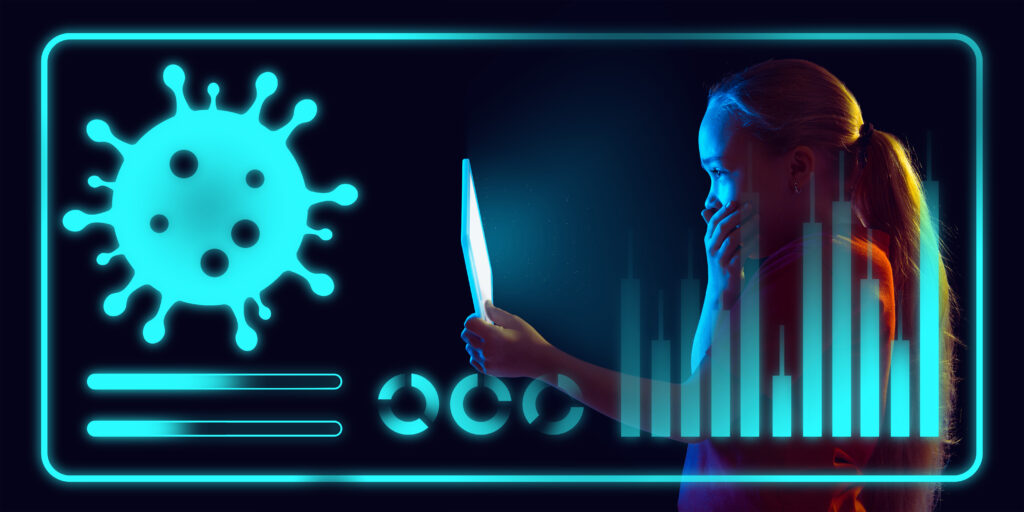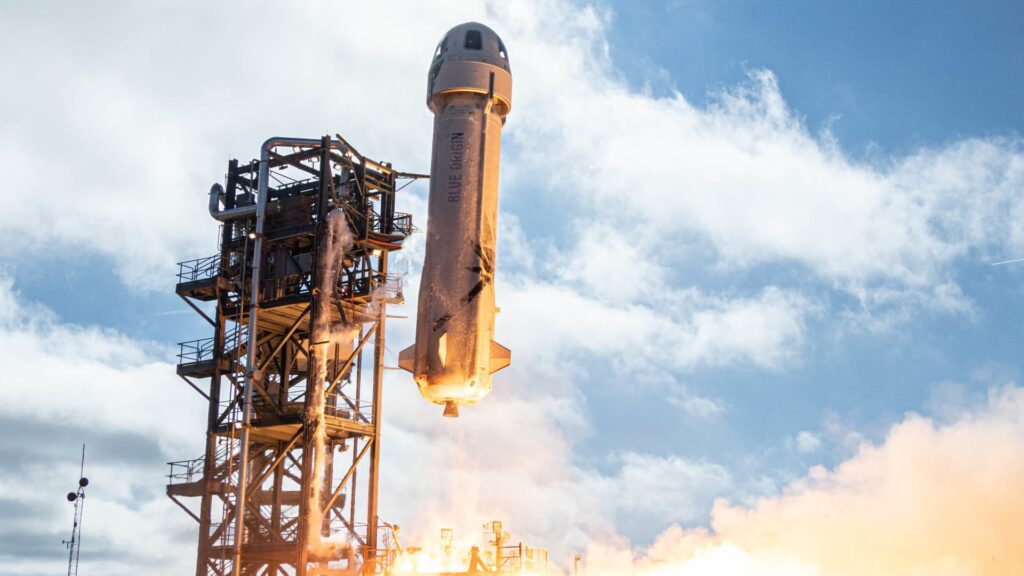In a significant breakthrough, scientists in Australia have developed an instant covid sensor that could detect coronavirus in people’s breath, no matter if they are asymptomatic.
It’s good news for governments, healthcare institutions, front-line medical workers, and everyone battling covid19 that there is now a new sensor available that could detect and confirm the presence of coronavirus instantly. It could be of enormous advantage in managing and preventing the outbreak of this deadly infection.
Covid19 is probably the worst disaster of our time that claimed millions of lives across the globe. It has put a lot of strain on the healthcare infrastructure. The main concern for the healthcare sector was to check the spread of the infection. It was found that early diagnosis of coronavirus infection and subsequent isolation is key to contain the disease. The polymerase chain reaction (PCR) based detecting method is the most accurate to date; however, the overwhelming number of cases and demand for more rapid tests led to the search for alternative detection tests.
While PCR is accurate, it’s also slow, taking at least a day for the final result. Another method, the rapid antigen tests, also have an accuracy of around 90%, but both tests have diagnostic limitations. The first is that both required trained individuals and equipped facilities – not readily available in many parts of the world. Secondly, they are based on nasopharyngeal and oropharyngeal specimens. The sample collection process is hugely uncomfortable for patients, and there remains a high possibility that swabbing will miss critical areas, resulting in a false negative.
But new covid sensor promise to detect covid 19 instantly. RMIT, in collaboration with Melbourne-based biomedical start-up Soterius, has developed a sensor that could detect coronavirus in the air. Soterius claims that the sensor is reliable and accurate and, most importantly, could detect Covid19 within minutes. It’s non-invasive, so people won’t have to deal with the discomfort that is common in traditional testing.
Soterius is now collaborating with RMIT, MIP Diagnostics, the Burnet Institute, D+I, and Vestech, to develop more prototypes and initiate a commercial release of the sensors in early 2022.
Soterius co-founder Dr. Alasdair Wood, in a report, points out that traditional environmental viral sensors were bulky and guzzle down too much energy. He further stated that – “Our biosensor is so small it can fit on a personal fob card, and it’s easy to use – you just need to swipe your card over a reader at checkpoints. Importantly, one sensor can detect up to 8 viral strains, and our technology can be easily adapted to detect new variants or novel viruses as they emerge. We hope the Soterius Scout biosensor could be a vital tool for managing COVID-19, providing accurate early detection to prevent outbreaks and avoid the need for future lockdowns.”
Subsequent tests done by RMIT and Burnet Institute have found that the Soterius Scout biosensor can detect Covid spike protein with high accuracy. Moreover, it can detect the virus in patients with no apparent symptoms. Once deployed on a large scale, these sensors could take the workload off the health workers and massively contribute to the management and prevention of outbreaks. The company plans to develop the sensors in Australia and will deliver the sensors to the hospital at the start. It will gradually expand the supply and will include airports, schools, and nursing homes.



